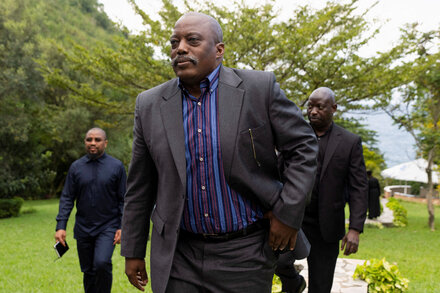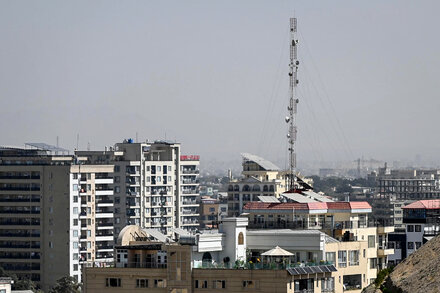Nicolas Sarkozy, former President of France, was found guilty of corruption and influence peddling in March 2021, a landmark decision that sent ripples through French politics and underscored the principle of the rule of law. The conviction marked the first time in modern French history that a former head of state received a custodial sentence, albeit one to be served at home with an electronic tag.
The charges stemmed from a 2014 investigation, often referred to as the “wiretapping” case. Prosecutors alleged that Sarkozy and his lawyer, Thierry Herzog, attempted to obtain confidential information from a senior magistrate, Gilbert Azibert, regarding a separate inquiry into alleged illicit financing of Sarkozy’s 2007 presidential campaign. In exchange, Sarkozy was accused of offering Azibert a prestigious post in Monaco.
The evidence against Sarkozy largely relied on intercepted phone conversations between him and Herzog, using burner phones registered under pseudonyms. The court found that Sarkozy and Herzog had engaged in a “corruption pact” with Azibert, who was also convicted in the case.
The Verdict and Sentence
On March 1, 2021, the Parisian court sentenced Nicolas Sarkozy to three years in prison, with two of those years suspended. This effectively meant a one-year active prison sentence, which the court stipulated could be served at home with an electronic bracelet. Thierry Herzog and Gilbert Azibert received similar sentences.
“The facts are particularly serious, given that a former president was the guarantor of the independence of the judiciary,” the presiding judge, Christine Mée, stated during the sentencing.
Sarkozy vehemently denied the accusations throughout the trial, maintaining his innocence and suggesting he was the victim of a politically motivated vendetta by judicial authorities. His legal team immediately announced their intention to appeal the decision, a process that could take years to fully resolve.
Meaning for French Politics and Justice
The conviction carries significant weight for France’s political landscape and its judicial system. For many, it represented a powerful affirmation that no individual, regardless of their past office, is above the law. It reinforced the independence of the judiciary and its capacity to hold even the most powerful figures accountable.
For Nicolas Sarkozy himself, the conviction deeply tarnished his legacy and effectively ended any lingering ambitions of a return to front-line politics. Already facing multiple other legal challenges related to campaign financing and foreign donations, the verdict added to a growing list of judicial entanglements.
Historically, while another former French president, Jacques Chirac, received a suspended sentence for embezzlement and misuse of public funds after leaving office, Sarkozy’s conviction marked a more direct and severe judicial rebuke, involving active corruption and influence peddling. The case highlighted an ongoing public debate in France about political ethics and transparency.
While the appeals process continued, the initial ruling of March 2021 served as a stark reminder of the judiciary’s role in upholding democratic principles and ensuring that the exercise of power is constrained by legal boundaries.
Source: Read the original article here.





